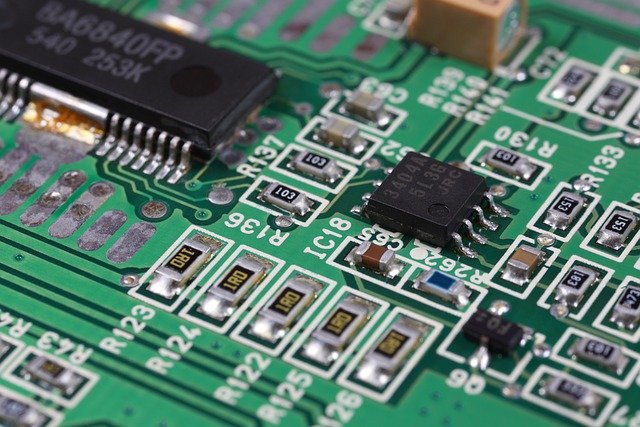Difference between circuit theory and electromagnetic field theory
Today, we will discuss the difference between circuit theory and electromagnetic field theory. Both these theories are extremely important in their respective fields. Let us discuss their differences one by one:
Circuit Theory: As the name suggests, circuit theory deals with the electrical circuits. An engineer can predict the performance of complicated electrical networks with the help of circuit theory. But this theory has certain limitations like :
- It cannot be applied in free space.
- It is useful only at low frequencies.
This theory is unsuccessful in explaining the radiation of electromagnetic waves into space in radio communications.

It cannot be used to analyze or design a complete communication system. Example: Radio Communication System.
Electromagnetic Field Theory. Although electromagnetic Field Theory (EMFT) is complex in comparison with circuit theory EMFT is simplified by using appropriate mathematics. This theory deals with E and H vectors, whereas circuit theory deals with voltages and currents.
This theory has the following advantages in comparison to circuit theory:

- It is also applicable in free space.
- It is useful at all frequencies, particularly at high frequencies,
- The radiation effect can be considered.
- This theory can be used to analyse or design a complete communication system. Example: Wireless Communication, Radio Communication.
Thus above are the difference between circuit theory and electromagnetic field theory.
These are the major differences between circuit theory and electromagnetic field theory. If you know more, please share in the comments section.
Em theorem, the shape and length of the wire matters while in circuit theorem, it doesn’t matter .